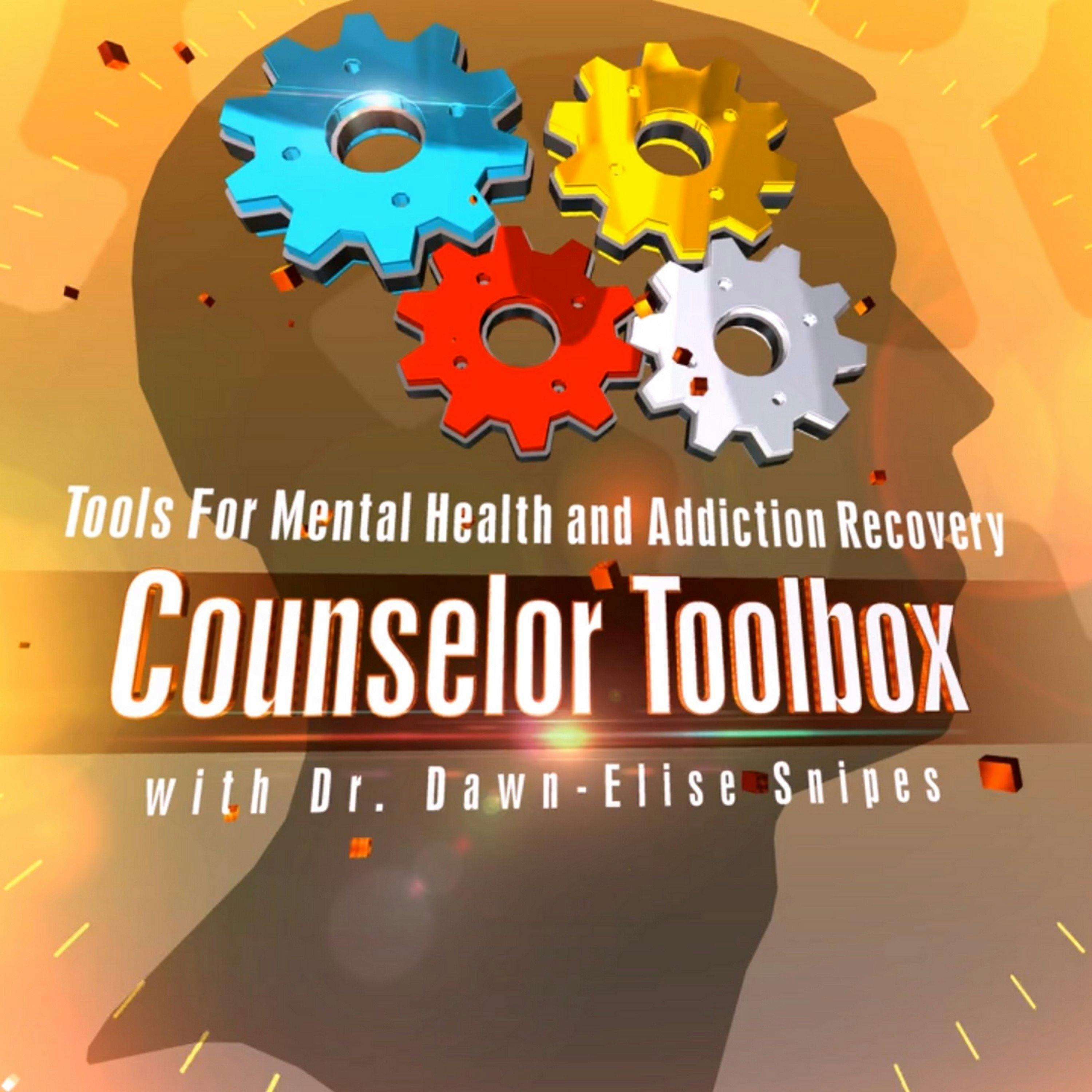Discover How Brain Chemicals Influence Addiction Recovery and PAWS
Description
**Summary: Post-Acute Withdrawal Syndrome (PAWS) by Dr. Dawn-Elise Snipes**
[Watch the video](https://www.youtube.com/watch?v=UEDayQBJXkA)
**Outline Summary:**
1. **Introduction**
- Presenter: Dr. Dawn-Elise Snipes
- Topic: Post-Acute Withdrawal Syndrome (PAWS)
- Objectives: Understand PAWS, its causes, and coping strategies
2. **What is PAWS?**
- Definition: PAWS stands for Post-Acute Withdrawal Syndrome
- Affects people who have engaged in addictive behaviors
- Results from brain changes due to substance use
- Duration: Can last up to a year or more after acute withdrawal
3. **Factors Influencing PAWS**
- **Substance Use History**: Length and intensity of substance use
- **Age of Onset**: Younger users have more significant brain changes
- **Gender Differences**: Affects men and women differently
- **Physical and Mental Health**: Poor health and underlying mental issues exacerbate PAWS
4. **Causes of PAWS Symptoms**
- Memories of substance use trigger cravings and irritability
- Neurochemical changes: Altered dopamine, glutamate, and monoamine oxidase levels
- Detoxification effects: Opposite symptoms during detox compared to substance use
5. **Common Symptoms of PAWS**
- Emotional outbursts or lack of emotion
- Anxiety, irritability, depression, and anhedonia
- Difficulty dealing with stress and fatigue
- Sleep disturbances and strange dreams
- Cognitive impairments: Memory problems, difficulty making decisions
6. **Coping Strategies for PAWS**
- **Meditation and Breathing**: Helps modulate HPA axis response
- **Support Systems**: Engage sober social supports
- **Exercise**: Improves stress tolerance and brain health
- **Sleep Hygiene**: Ensure regular sleep patterns and quality sleep
- **Awareness and Mindfulness**: Regular check-ins on emotional and physical state
- **Pleasurable Activities**: Increase dopamine and other positive neurochemicals
- **Healthy Eating**: Provide the body with necessary nutrients
- **Relaxation Techniques**: Promote secretion of calming neurochemicals like GABA
7. **Long-term Recovery and PAWS Management**
- Expect PAWS symptoms for at least the first year
- Integrate recovery with stress minimization
- Gradual rebalancing of brain neurotransmitters
- Maintain a plan for handling PAWS symptoms
**Time Codes for Major Points:**
0:00 Introduction by Dr. Dawn-Elise Snipes
2:30 What is PAWS?
7:15 Factors Influencing PAWS
12:00 Causes of PAWS Symptoms
20:00 Common Symptoms of PAWS
27:45 Coping Strategies for PAWS
40:00 Long-term Recovery and PAWS Management
Feel free to ask if you need further details or a more in-depth explanation on any part of the video!
Learn more about your ad choices. Visit megaphone.fm/adchoices
More Episodes
Learn more about your ad choices. Visit megaphone.fm/adchoices
Published 11/21/24
Published 11/21/24
Introduction
Presenter: Dr. Dawn-Elise Snipes discusses helping families navigate life transitions using the Flower Empower Model.
The focus is on understanding how various transitions impact both individuals and families, emphasizing the importance of supportive partnerships between...
Published 11/19/24


